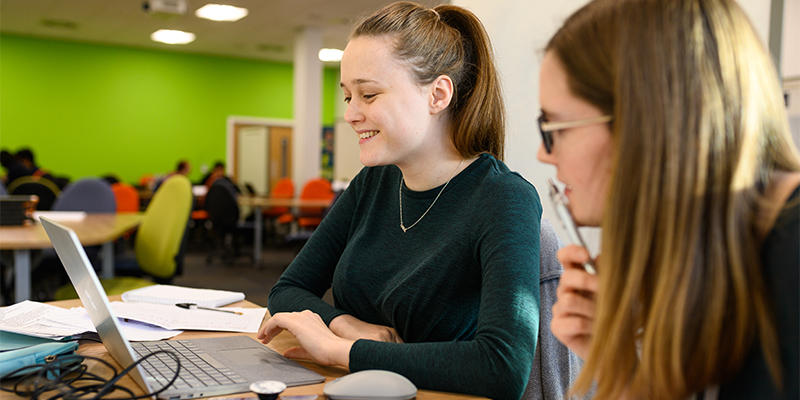
Neurodiversity
Neurodiversity refers to the different ways the brain works and interprets information. People naturally think about things differently, have different interests and motivations and are better at some things and poorer at others.
Most people are neurotypical. Their brains function and process information in the way society expects.
Around one in seven people are neurodiverse. Their brains function, learn and process information differently.
Neurodivergent conditions include attention deficit disorders, autism, dyslexia, dyspraxia and Tourette Syndrome.
Each of these conditions has its own set of challenges, which can include:
- difficulty concentrating
- issues with timekeeping
- difficulty completing tasks
- finding everyday situations stressful
- difficulty accessing opportunities
- physical illnesses.
If you are neurodiverse and struggling, Disability Services can support you.
University resources
- Accessing support through Disability Services
- Accessibility information for the Library
- Careers support for autistic students
- Dyslexia and specific learning difficulties
- Learning Technology Practical Guide to Accessibility: an overview of digital tools, including coloured screen masks, screen readers and mind maps
- Sensory rooms
- Study Coaching
Peer support groups
- Disabled Students' Network: Students' Union network
- Distractibles: meetups and toolkits for the easily distracted
- Spectrum: a support group for students who consider themselves to be on the autistic spectrum
